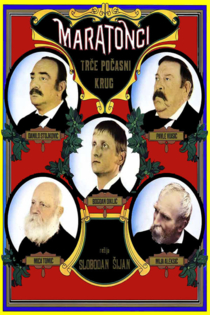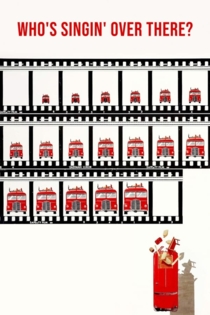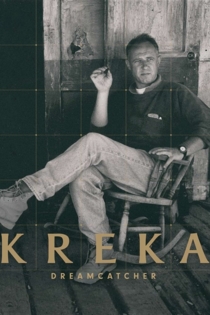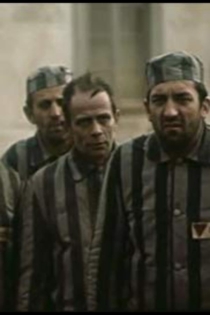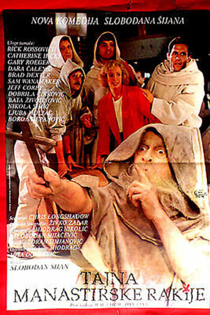
Slobodan Šijan
1946 (79 лет)Slobodan Šijan (born November 16, 1946, Belgrade, Yugoslavia) is a Serbian film director. After graduating film direction and directing a handful of TV movies in the late 1970s, he caught a big break with his first full-length feature Ko to tamo peva in 1980. The enormous success of that film written by Dušan Kovačević led to the duo collaborating on another project - 1982's Maratonci trče počasni krug, which also achieved considerable critical and commercial success. Over the coming years Šijan directed two more notable films - Kako sam sistematski uništen od idiota and Davitelj protiv davitelja. As of 2001, he is teaching at Loyola Marymount University film school. His favorite movie is Howard Hawks' Rio Bravo (1959).
Description above from the Wikipedia article Slobodan Šijan, licensed under CC-BY-SA, full list of contributors on Wikipedia.
Tkanje pogledov - Jože Dolmark
Boris Jurjaševič
Jože Dolmark, Slobodan Šijan
This feature-length documentary about Professor Jože Dolmark shows the protagonist as a man of many insights, interests and talents; as an art historian, an authority on literature and the history of cinema and photography, a film critic, cineaste, screenwriter, actor, and above all an extraordinary teacher and professor, and in a new light: intimately, through anecdotes and his world view, as befits a man of his greatness. Jože Dolmark is a brilliant intellectual, an eloquent speaker, and an astute observer of Slovenian culture, cinema, and life at large.
A Man from the Border
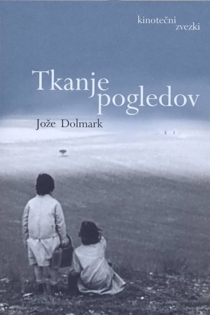
Zabranjeni bez zabrane
Milan Nikodijević, Dinko Tucaković
Dušan Makavejev, Lazar Stojanović
Through the conversation with Yugoslav film authors and excerpts from their films, this documentary film tells a story of a film phenomenon and censorship, and its focus is, in fact, a painful epoch of Yugoslav film called “a Black Wave”, which was the most important and artistically strongest period of Yugoslav film industry, created in the sixties and buried in the early seventies by means of ideological and political decisions. The film tells a great “thriller” story of the ideological madness which characterised the totalitarian psychology having left multiple consequences felt up to our very days. It stresses similarities between totalitarian regimes defending their taboos on the example of the persecution of the most important Yugoslav film authors. Those film authors have, however, made world careers and inspired many later authors. The film is the beginning of a debt pay-off to the most significant Yugoslav film authors.
Censored without Censorship
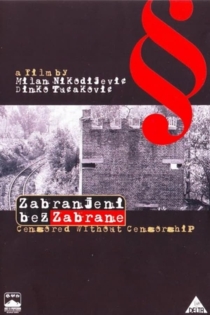
Strangler vs Strangler
Slobodan Šijan
Taško Načić, Srđan Šaper
When it comes to crime, Belgrade is same as any other modern metropolis, except for having its own serial killers. That blank is filled when a flower salesman begins strangling women. A popular, but very disturbed rock star soon becomes telepathically connected with the killer.
Strangler vs Strangler
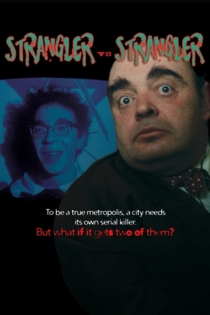
Kako sam sistematski uništen od idiota
Slobodan Šijan
Danilo 'Bata' Stojković, Svetislav Goncić
The film follows a life of a homeless, but very well read, Marxist who is coping with Che's death and wishes to live a life of revolutions and workers' uprisings. He is a hypochondriac, bitter at the world, and blaming his old capitalist boss for his life's misery.
How I Was Systematically Destroyed by Idiots
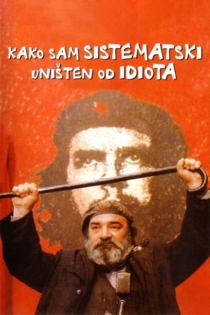
Sve što je bilo lepo
Slobodan Šijan
Dragomir Felba, Tomanija Đuričko
Old man Vidoje is a passionate bowler, has a dog and likes to hunt. However due to his declining health, his family starts depriving him of everything. In the end, Vidoje is left only with the TV, empty room and window to the street.
Everything That Was Nice
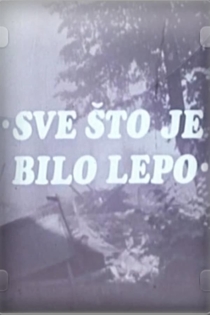
Siroti mali hrčki 2010
Slobodan Šijan
Boro Stjepanović, Petar Božović
Two idle clerks who do senseless office job of punching cards, and who are not particularly fond of each other, decide to play the game "come up with the most stupid line possible" in order to break the boredom. Then they call random people over the phone and tell this line. Harmless game of theirs creates general confusion among people, which leads to anti-terrorist intervention, police interrogation, loss of state credit and the change of government. The two, of course, know nothing about the series of comic and incredible events that follow without stop.
Poor Little Hampsters
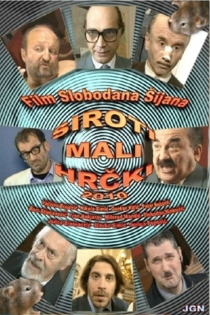
S.O.S. - Spasite naše duše
Slobodan Šijan
Lazar Ristovski, Neda Arnerić
The plot of this film can be viewed from a two different levels. The first is universal and deals with the psychological theme of need for competition in the group, highlighting the need for the victory, which in life usually does not depend on the true virtues of the winner, so the result is usually tragicomic. The story talks about the choice of the most noble work. Selected participants arrive at the guesthouse on the border between Croatia and Serbia to prepare for the final act of the competition and the jury's decision. Seven competitors have a rather narrow view of the world. Even when the big events, such as ethnic conflicts in this part of the Balkans, the contestants insist to proceed the competition and to choose the hero of heroes, even though the very idea of competition has become anachronistic under the pressure of current events (the anger of the local Serbian population of the newly established Croatian authorities).
Save Our Souls

